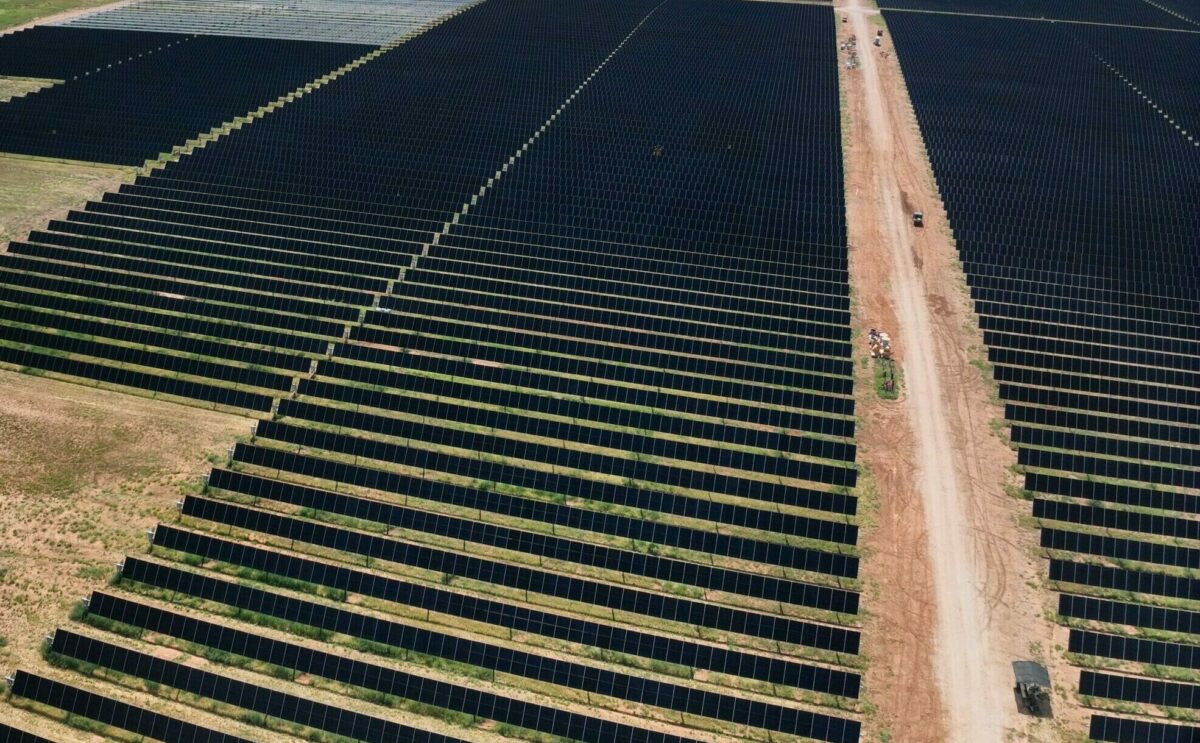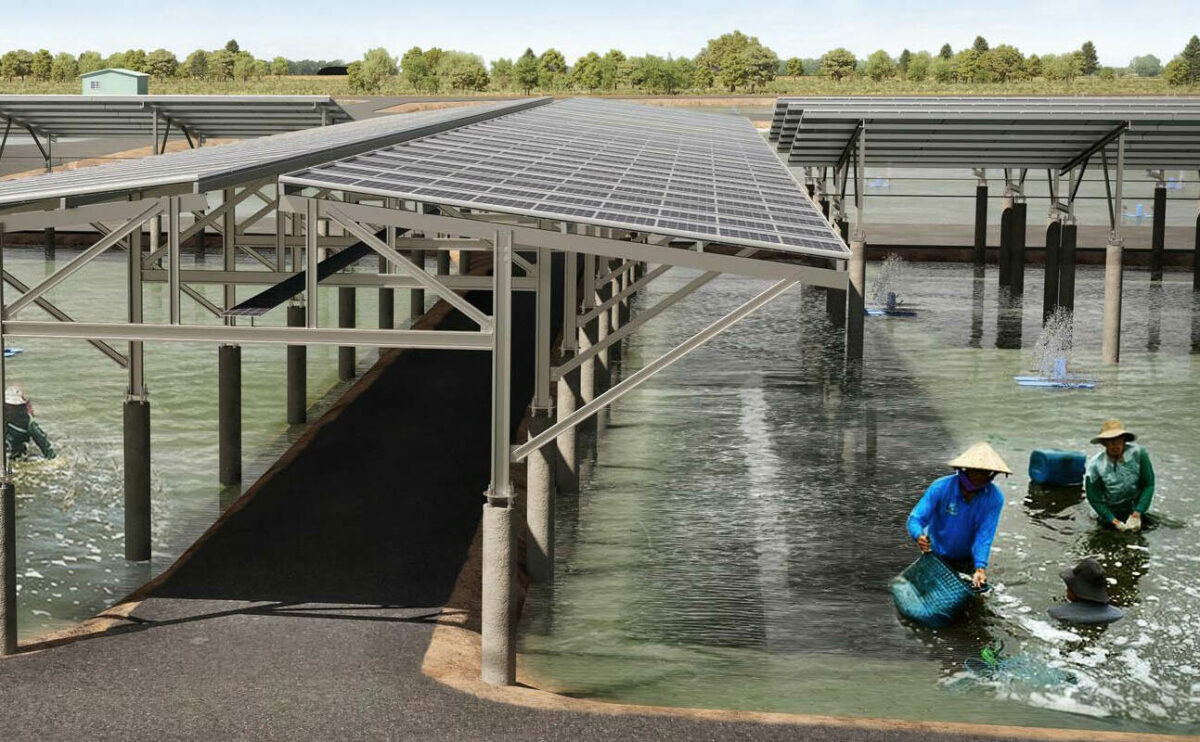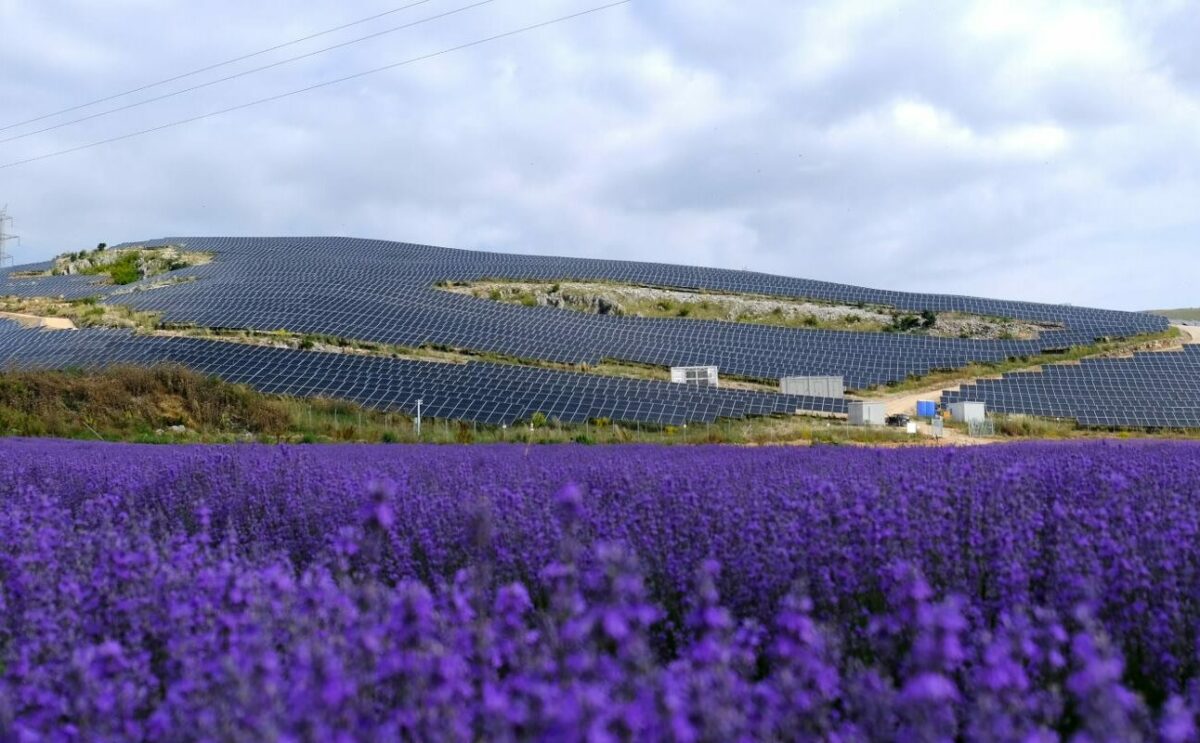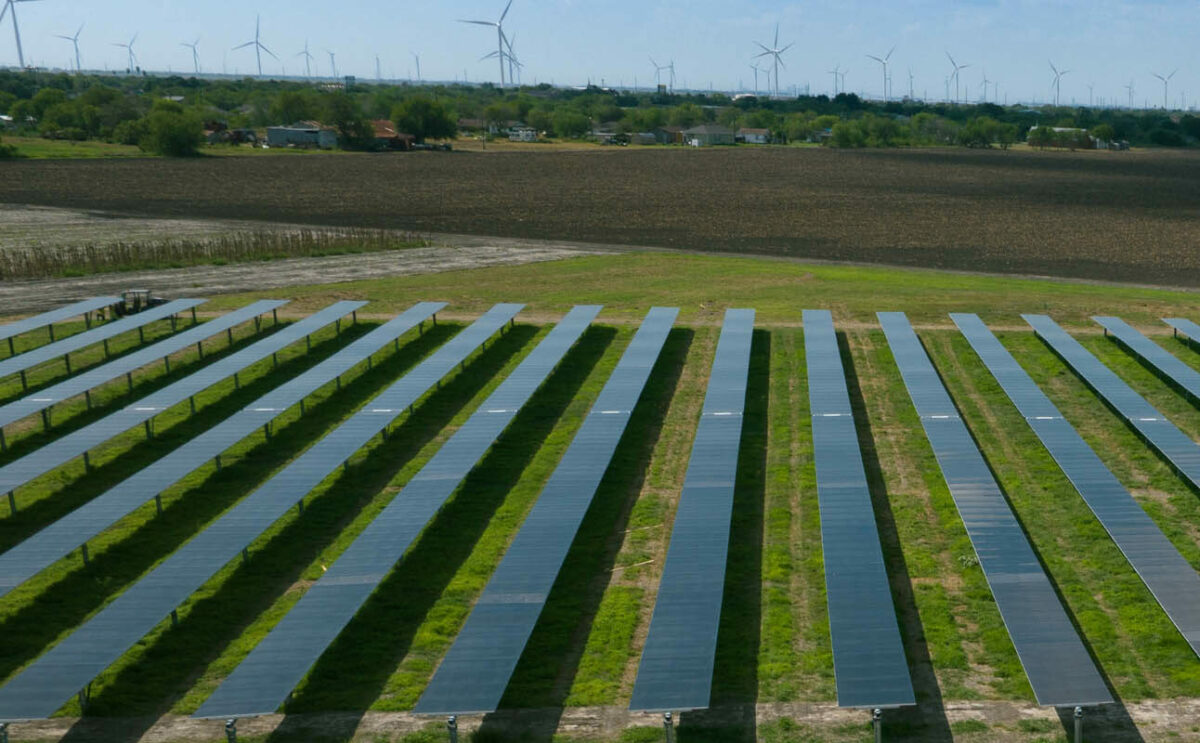Politics and Planning Decisions – An Uneasy Marriage
Article posted on LinkedIn by Penny Laurenson, Head of Planning at Lightsource.
“What the hell is that? Who is allowing these ugly things?” I heard from behind me as I crossed Waterloo bridge the other day. The ‘what’ they were referring to was the new sky scrapper going up at One Blackfriars (apparently, they’re trying to make the unofficial moniker of ‘The Boomerang’ stick – the lady behind me went with ‘The Blob’).
As to the ‘who’ allowed it to go ahead – that was the Planning Committee at Southwark Council.
For the uninitiated wondering how these mystical omnipotent Planning Committee’s operate – let me illustrate with a story I once heard. On the distant shores of Northern Ireland one evening, a Planning Committee was taking place, the Councillors had settled into a debate on the merits of a proposed new park – one Councillor suggested getting 10 gondolas for the planned lake – another Councillor – perhaps only half paying attention, but with their eye firmly on the budget – interrupted to counter that they only needed to get two gondola’s and then ‘just let them breed!’
Now I’ve not witnessed anything quite as comical as this – however I have seen significant variance in terms of the professionalism and operation of Planning Committees across the UK. Some are tightly run ships, where the Committee Chair keeps Councillors focused on the material planning considerations, and members are expected to have read and considered the Officer’s Report (the report by the planner who has assessed the application) prior to the committee meeting. Others are (how to put this politely…) a tad loose. Now, if you were thinking that reading the Officer’s Report would surely be a given (as I naively did when I first entered this game), unfortunately that’s not always the case, and that’s not even the worst of it. More than one member of my team has reported back after a committee meeting, incredulous that a Councillor slept throughout the Officer’s presentation and following committee discussion, awaking just in time to vote against our proposal.
As a Chartered planner, it’s probably unsurprising that I think planning decisions are best made by qualified Planners. Now – Planners are not always perfect, they can make mistakes, or accept development proposals that perhaps should be pushed back (in fact in the case of The Blob above, the planner had recommended approval in their Officer’s Report to committee), so it is important that there is a second layer of scrutiny, particularly for major and controversial developments. My question is whether this higher level of decision making should sit with politicians. I recall one night when a planning committee refused all 6 solar farm applications in front of it in short succession (3 of which were ours), giving them all word for word the exact same reason for refusal (even though there were all in different locations, with different local contexts). The Council’s Head of Legal even called the Councillors out of the committee room for a word part way through proceedings (presumably to remind them of the risks their approach held). Over the year that followed, all 6 of those refusals were overturned on appeal, with costs being awarded against the Council for unreasonable behaviour. Note that it is the Council as an entity that is required to pay the fines, the Councillors who made the decisions are not held accountable.
The impact of politicking in decision making can be significant for applicants. Appeals can easily take over a year to be determined – so even if the appeal is successful and an applicant is eventually granted planning permission, they will have suffered time delays and increased costs, and in some cases the impact of this may kill the project entirely.
The potential for politics to influence planning decisions is never more pertinent then around election time. Anyone with a remotely controversial planning application will be aware that the pre-election committee meeting presents an extra degree of uncertainty and risk for applicants. In the run-up to an election there are added pressures for Councillors – they may be concerned about their chances of re-election (particularly if a rival is campaigning on an anti-development ‘I’ll protect the village’ platform), and there is likely to be greater attention to Councillors actions in the local press.
At the national level, purdah means that the Secretary of State will not be issuing any further decisions on call-ins and recovered appeals until after the election. However, no such purdah restrictions apply to local authorities as determining planning applications is a core Council function.
Perhaps one way to overcome the potential for politics or the pressure of an impending election to influence planning decisions would be to import an idea from New Zealand’s planning system. In New Zealand, applicants can choose – at their cost – to request an appropriately qualified Independent Commissioner to hear and determine their application, as an alternative to a panel of Councillors. (I’m sure many would also welcome the importation of New Zealand’s 20-working day statutory determination timeframe – but that’s a topic for another day!).
This could be beneficial for both applicants and Councillors. Applicants would feel reassured that their application would be judged on its planning merits, and that politics would not influence the decision whilst Councillors would be free to attract by-lines and photo opportunities by either rallying in support or opposition of a proposal – without actually having to make the call on an application at a sensitive time.
Food for thought for any policy makers out there!
Related news
15 Jan, 2026
Lightsource bp’s hail mitigation solution showcased in the World Economic Forum’s Innovation Playbook for Future Power Systems
The World Economic Forum (WEF) launched the Innovation Playbook, showcasing practical, scalable solutions driving the transformation of global power systems.
13 Jan, 2026
USA: Lightsource bp and Toyota enter into a power contract in Texas
Lightsource bp and Toyota Motor North America have finalized a virtual power purchase agreement for energy from the 231MW Jones City 2 solar farm in Texas.
18 Dec, 2025
Energy in Focus – In-house cross-functional teams building quality projects
Ric Hatton, Director of Delivery for EMEA, has spent most of his career in power generation industry, with a keen interest in managing utility-scale renewable projects.
04 Dec, 2025
Energy in Focus – How local partnership and community engagement sparks project success
At Lightsource bp, we deliver renewable energy and storage solutions while seeking to enhance ecosystems, local economies and progressing a sustainable supply chain.
20 Nov, 2025
Energy in Focus – Building a culture of safety at Lightsource bp
In our first Energy in Focus episode, Will Manchas, Head of HSE for USA and EMEA shares how our Golden Rules help us protect ourselves and others.
22 Oct, 2025
Lightsource bp supports Apple’s renewable energy projects progress across Europe
Lightsource bp is proud to partner with Apple Inc. in support of its goal to achieve carbon neutrality across its entire footprint by the end of this decade.
21 Oct, 2025
Environmental safety in action: living our Golden Rules
At Lightsource bp, our Golden Rules are daily practices that protect our people and ensure business continuity, especially in the face of climate extremes.
17 Oct, 2025
USA: Lightsource bp and Pinnacle Financial Partners announce $97.9M tax equity deal for Peacock Solar
Lightsource bp and Pinnacle Financial Partners today announced the closing of a $97.9 million tax equity deal to finance the 187 MW Peacock Solar in San Patricio County, TX.
18 Sep, 2025
Australia: Lightsource bp advances its first solar and storage hybrid project
Lightsource bp has commenced delivery on one of the first large-scale DC-coupled solar-battery hybrid projects in Australia.
15 Aug, 2025
Resetting and recharging – what we did for Wellbeing Day
As part of our promotion of a healthy work-life balance, this year we once again rewarded our team members with an extra day of annual leave to focus on their wellbeing.











